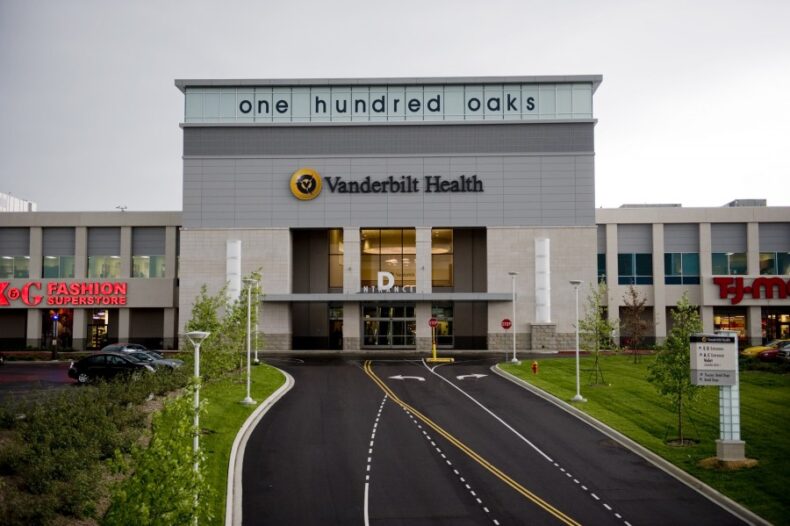We all grieve, and many of us will suffer profound loss sometime in our lives.
Yet health care professionals, especially those who care for critically ill patients, often aren’t allowed to grieve — not for patients who have died, not even for family members or beloved colleagues. Tamp down your emotions. Move on. You’re needed by other patients.
How can caregivers be expected to hold the grief of their patients, and their patients’ families, when they are grieving themselves?
That was the question considered by a panel on Aug. 21 during the monthly “Bedside Matters,” an online forum for front-line health care providers at Vanderbilt University Medical Center.
“We have that hole inside,” said panelist James McFerrin, MD, staff psychiatrist for VUMC’s Work/Life Connections-Employee Assistance Program (WLC-EAP). “We paper it over with our diplomas. We distract ourselves with excessive work hours … We put on the game face with our expertise. That’s the way we get through the day.”
“Living this way always catches up with you,” cautioned Julie Burton, LCSW, MMHC, clinical counselor in the WLC-EAP. “Ignored grief will seep out in various forms” —as anxiety, distraction or oversensitivity.
“These things are my cues,” Burton said. “It’s time to uncork. Take a PTO day. Schedule an appointment with my therapist. Give myself grace that I’m not at my best … Keeping your head in the game isn’t the long-term answer.”
Following the 2023 Covenant School shooting in Nashville, Tennessee, Burton said she and her colleagues led 21 group sessions for close to 500 VUMC faculty and staff, and scheduled individual counseling sessions for others, to help them process their shock and grief.
“Take care of yourself,” advised Lori Rolando, MD, MPH, executive director of VUMC’s Faculty/Staff Health and Wellness programs. “It’s OK to feel the way you feel.”
It is difficult to know how best to reach out to a co-worker who has experienced loss. “Grief is universal, but it’s also very individual,” Burton noted. “It’s very lonely … Letting someone know you’re here, that in itself can be extremely powerful.”
Assure grieving colleagues that you’re thinking about them and will support them in whatever they might need. “You are not alone,” suggested Margie Gale, RN, MSN, CEAP, mental health clinical nurse specialist in the WLC-EAP. “We are in your corner.”
Janet McCutchen, LPC-MHSP, CEAP, assistant manager of Work/Life Connections, moderated the online panel discussion, which was attended by more than 90 people.
WLC-EAP provides psychological support to VUMC faculty and staff, and promotes problem-solving and stress resilience through counseling, coaching and consultation.
Visit www.vumc.org/health-wellness/work-life or call 615-936-1327.
For more on grieving, read www.vumc.org/health-wellness/resource-articles/what-do-i-say-when-someone-grieving.
Bedside Matters covers a wide range of clinical topics across VUMC. To suggest a topic or volunteer for a panel discussion, contact Walter Merrill, MD, professor of Cardiac Surgery who organizes the forum, at walter.h.merrill@vumc.org.












